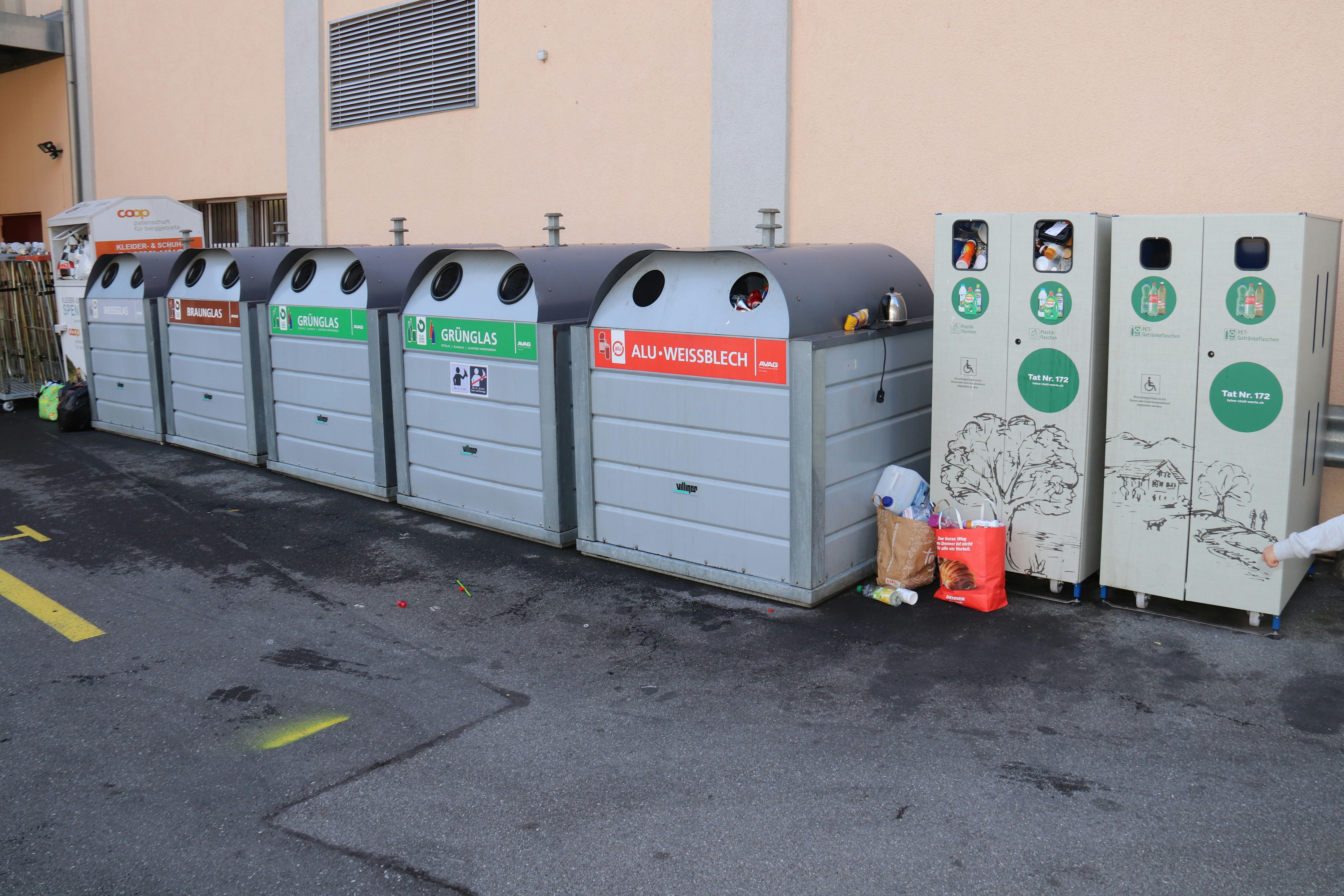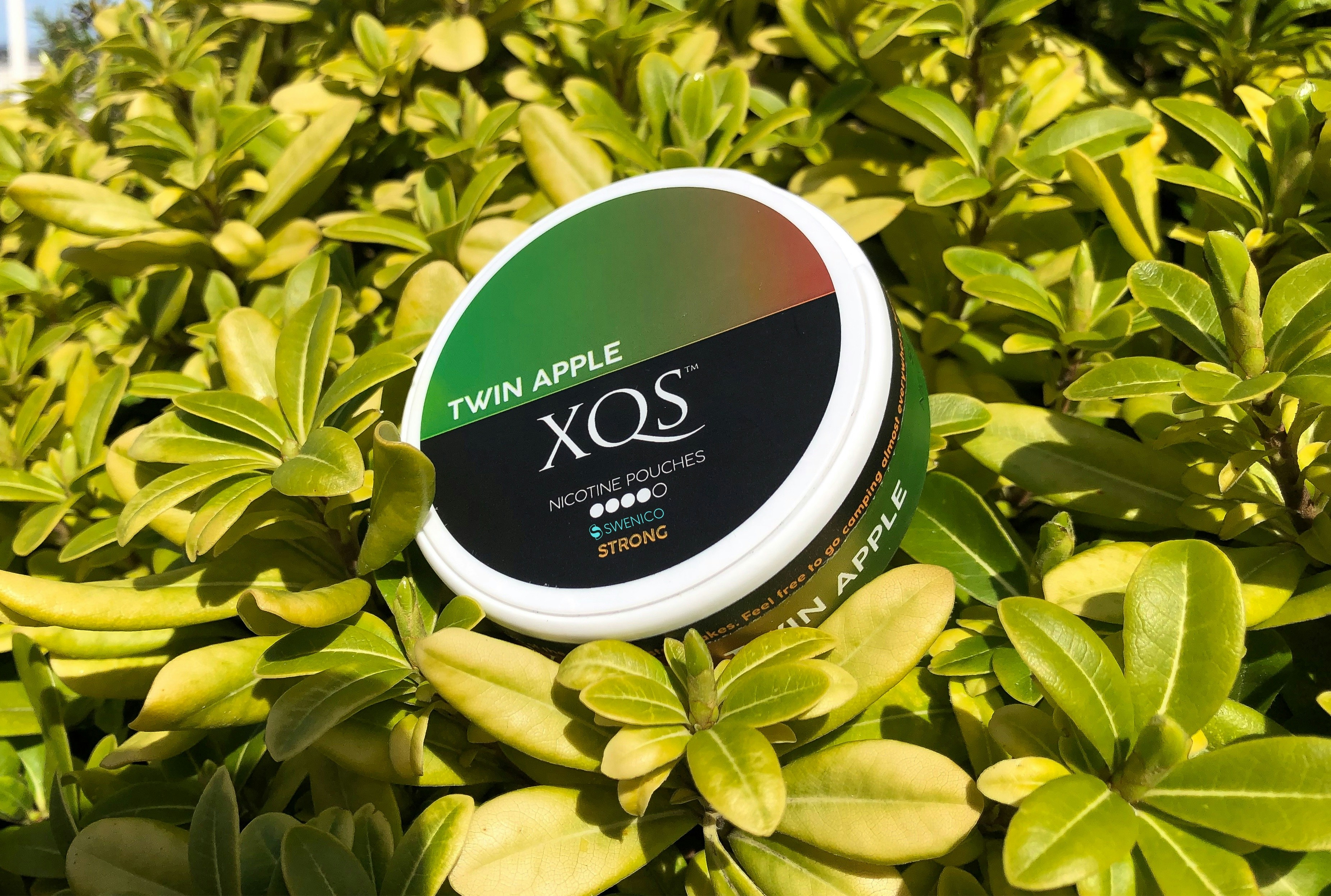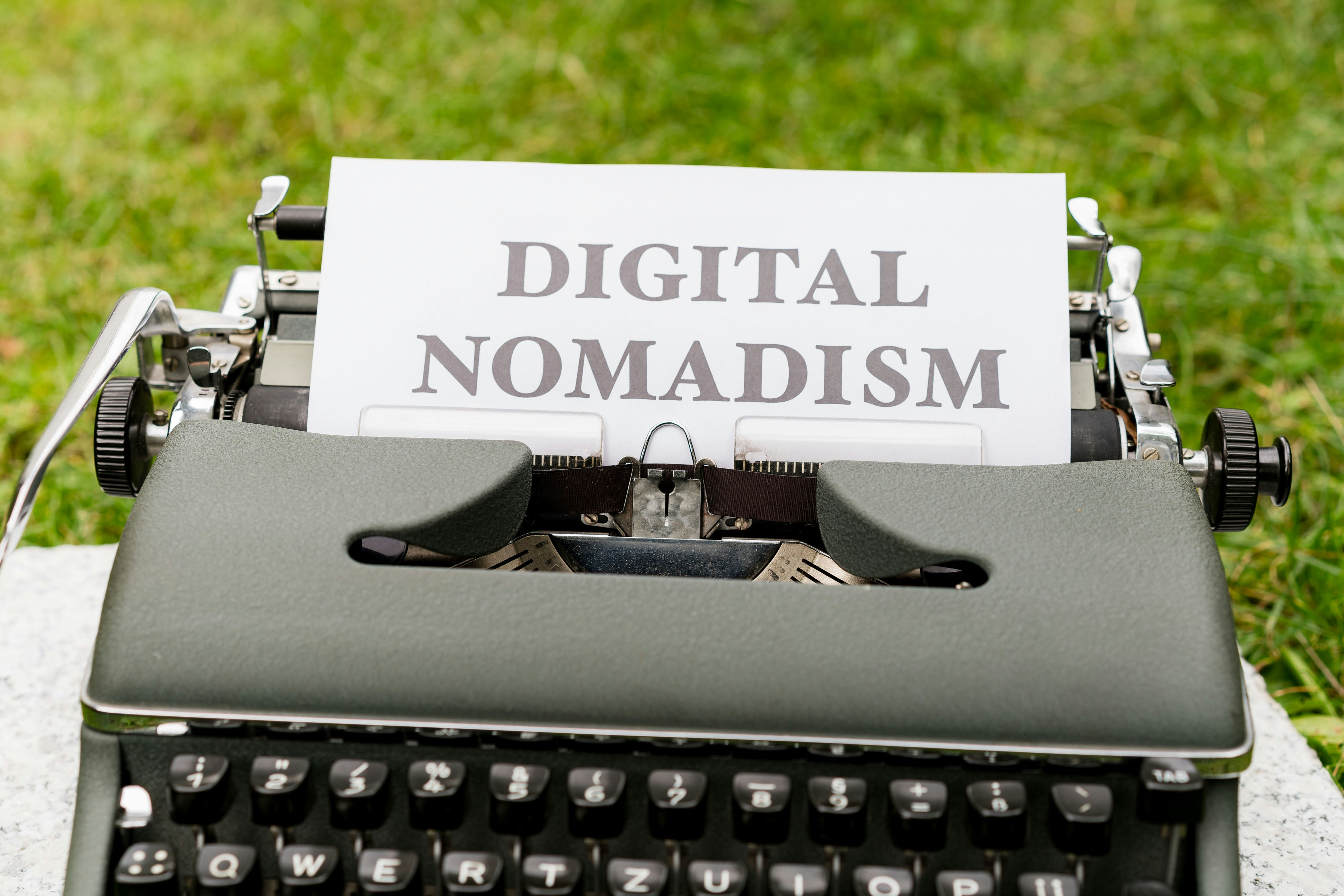Introduction to Zero-Waste Living
The concept of zero-waste living is increasingly relevant as society grapples with the profound environmental challenges posed by waste and pollution. In essence, this lifestyle advocates for the minimization of waste generated through everyday activities. By reducing, reusing, and recycling, individuals take significant strides toward a sustainable future. This method counters the conventional linear model of consumption and disposal, advocating for a more circular approach where materials are kept in use for as long as possible.
Adopting a zero-waste lifestyle in 2025 signifies a crucial commitment to tackling pressing ecological issues. Climate change, plastic pollution, and resource depletion demand immediate action. Individuals who embrace zero-waste principles contribute significantly to mitigating these challenges by reducing their personal waste footprint and inspiring others to follow suit. This lifestyle shift aligns with a broader societal transition towards sustainability, promoting environmental stewardship within local communities and beyond.
The core principles of zero waste can be summarized by the “5 R’s”: Refuse, Reduce, Reuse, Recycle, and Rot. These steps begin with an assessment of one’s consumption patterns, encouraging individuals to refuse unnecessary items and reduce single-use products. Next, reusing what one already possesses and recycling materials effectively fosters a culture of material longevity. Finally, composting food waste (or ‘rot’) minimizes landfill contributions and enriches soil health. Each of these practices not only reduces waste but also enhances personal well-being by fostering mindfulness and intentionality in consumption.
Ultimately, adopting a zero-waste lifestyle offers numerous advantages, including decreased environmental impact, reduced expenses over time, and a greater sense of community engagement. As individuals move toward this sustainable paradigm, they not only pave the way for an enriched personal experience but also champion a more resilient, eco-focused world.
Understanding the 5 R’s of Zero Waste
The philosophy of zero waste is anchored in the concept of the 5 R’s: Refuse, Reduce, Reuse, Recycle, and Rot. These principles provide a framework for individuals and communities to minimize their environmental impact and promote sustainable living. Each component of the 5 R’s plays a significant role in advancing towards a zero-waste lifestyle, and they can be implemented through practical actions in everyday life.
Refuse is the first and perhaps the most critical step in the zero-waste journey. It involves consciously rejecting unnecessary items and avoiding single-use products. Individuals can practice refusal by saying no to plastic bags, straws, and excessive packaging. By making informed choices at the point of purchase, one can significantly reduce waste generation right from the outset.
Secondly, Reduce focuses on minimizing what we consume. This means being mindful of purchasing habits and opting for quality over quantity. An effective way to reduce waste is to evaluate one’s possessions and declutter—keeping only what is truly needed and cherished. Additionally, adopting practices such as meal planning can reduce food waste, contributing to a more sustainable lifestyle.
The third principle, Reuse, encourages the continued use of items rather than discarding them. This can be achieved by repurposing containers, using cloth bags instead of plastic ones, and choosing products designed for longevity. Communities often support reusing through sharing projects or thrift shops, reinforcing the idea that items can have multiple lives.
Next is Recycle, which involves processing materials to create new products. While recycling is a vital aspect of waste management, it should be viewed as a last resort after the first three R’s have been applied. To maximize recycling efforts, individuals should educate themselves about local recycling guidelines to ensure proper sorting of materials.
Finally, Rot pertains to composting organic waste. By diverting food scraps and yard debris away from landfills, composting not only reduces methane emissions but also enriches the soil. Beginning a composting system at home can be a practical and rewarding step toward squeezing more value from waste.
Each of these 5 R’s aligns with the broader goal of embracing a zero-waste lifestyle, making significant strides toward reducing one’s ecological footprint.
Conducting a Waste Audit
In the pursuit of a zero-waste lifestyle, the first step is to understand one’s current waste production. Conducting a waste audit is a practical method for individuals to evaluate the types and sources of waste they generate, ultimately paving the way for meaningful reductions. This process entails meticulously sorting and categorizing waste over a set period, usually one week, to gain insightful data on one’s habits.
To begin, gather all the waste produced within the designated timeframe, ensuring that it encompasses various categories such as organic waste, plastics, paper, glass, and metals. It is beneficial to use separate bags or bins for each type as you accumulate them. Once collected, sort these materials into these categories. This step is crucial, as it allows individuals to visually assess the amount and type of waste generated. By keeping track of what is discarded, one can identify patterns—what type of waste is most prevalent, and how often certain items are disposed of.
While sorting, take note of specific details: the brand, packaging type, and the circumstances surrounding the waste creation. This data provides insight into personal habits and prompts reflection on choices made during consumption. Once the audit is complete, it’s essential to analyze the findings. Look for opportunities to minimize waste, such as avoiding single-use plastics or switching to bulk purchasing options. Understanding personal waste production enables individuals to establish practical goals for reduction, making the transition to a zero-waste lifestyle more attainable. Implementing small changes based on audit outcomes can significantly impact waste generation, fostering a more sustainable lifestyle over time.
Practical Steps for Reducing Waste at Home
Adopting a zero-waste lifestyle requires conscious strategies to reduce waste production effectively. For beginners, initiating change at home is a key step toward sustainability. One of the most significant areas to target is the use of single-use items. Start by assessing your consumption of disposable products, such as plastic utensils, straws, and bags. Replace them with reusable alternatives like stainless steel straws, metal or bamboo cutlery, and cloth bags. This simple shift significantly decreases the volume of waste generated in daily life.
In addition to replacing single-use items, selecting sustainable materials is crucial. When shopping for household products, prefer those with minimal or compostable packaging. Many brands are now producing refillable containers and eco-friendly products that align with zero-waste principles. Research brands that prioritize sustainability and consider participating in bulk discount schemes, which often encourage customers to bring their containers, reducing packaging waste.
The kitchen is one of the home’s most significant sources of waste. To mitigate this, implement meal planning to reduce unnecessary grocery purchases, which helps in minimizing both food waste and the temptation of impulse buys. When preparing meals, use leftovers creatively to enjoy them again without waste. Also, invest in composting methods for biodegradable waste; this can involve traditional compost bins or even vermicomposting for smaller living spaces.
Lastly, consider your overall shopping habits. Aim to shop at local farmers’ markets or bulk stores that promote a zero-waste ethos. These venues not only provide fresh produce but also encourage a sustainable approach by allowing you to bring your containers. By incorporating these practical steps into your daily routine, you can make substantial progress towards a more sustainable household, paving the way for a zero-waste lifestyle.
Zero-Waste Alternatives to Common Products
Making the transition to a zero-waste lifestyle involves re-evaluating the products we use daily and seeking alternatives that promote sustainability. There are various categories where waste can be significantly reduced, including personal care, cleaning supplies, and food storage. By substituting conventional products with eco-friendly choices, individuals can contribute to a healthier planet while also adhering to their zero-waste goals.
In the realm of personal care, many products come in plastic packaging that ultimately ends up in landfills. However, brands like Bamboo Brush offer biodegradable toothbrushes made from sustainable bamboo. Similarly, swapping conventional shampoo for solid bars from companies like Ethique can drastically reduce plastic waste, as these bars typically come in compostable packaging. Additionally, for skincare, consider products from Lush, known for their commitment to minimal packaging and natural ingredients.
💰 Powerful Spells for Wealth & Prosperity
Attract money, success, and financial abundance with real magic spells that bring results fast.
Cleaning supplies represent another significant area for waste reduction. Conventional cleaners often come in plastic bottles, contributing to environmental pollution. For a zero-waste approach, brands like Blueland provide refillable cleaning products, which come in reusable containers. Alternatively, DIY cleaning solutions can be equally effective and environmentally friendly, combining ingredients like vinegar, baking soda, and essential oils to create versatile cleaners that are safe for both your home and the environment.
Food storage is a crucial component in minimizing waste generated from disposable containers. Instead of using single-use plastic wraps, consider investing in beeswax wraps, which are reusable and compostable. Glass jars and stainless-steel containers are also excellent for food storage as they offer longevity and can significantly reduce the reliance on plastic. By incorporating these zero-waste alternatives into daily habits, individuals can make informed choices that foster a sustainable lifestyle.
Navigating Food Waste and Sustainable Eating
Adopting a zero-waste lifestyle necessitates a significant focus on reducing food waste, a major contributor to environmental degradation. In fact, around one-third of the food produced globally is wasted, leading to immense resource depletion and atmospheric greenhouse gas emissions. One practical step towards sustainable eating begins with effective meal planning. This practice not only helps in purchasing only necessary items but also minimizes impulse buys and reduces the likelihood of food going bad. By creating a weekly meal plan based on seasonal ingredients, individuals can ensure they utilize fresh produce while also supporting local farmers and reducing associated carbon footprints.
An additional strategy to reduce food waste is composting. By transforming food scraps, such as fruit peels and vegetable trimmings, into nutrient-rich compost, those adopting a zero-waste lifestyle can enrich soil and enhance gardens, thus contributing to a sustainable ecosystem. Composting not only diverts waste from landfills but also promotes a cyclical relationship with nature, allowing individuals to close the loop in their food consumption.
Creativity plays a vital role in utilizing leftovers effectively. Rather than discarding excess food, exploring various recipes that repurpose meals can lead to significant waste reduction. For instance, stale bread can be transformed into croutons or a bread pudding, while slightly wilted vegetables can be incorporated into soups or stir-fries. Additionally, embracing the practice of preserving excess food, through methods such as canning or freezing, further extends the life of perishable items.
In support of sustainable eating habits, it is essential to advocate for local agriculture and consciously reduce packaging. Many local markets sell produce with minimal packaging, aligning perfectly with the principles of a zero-waste lifestyle. By sourcing food locally, individuals can also enhance their understanding of agriculture while fostering community connections. Through these steps, people new to the zero-waste movement can effectively navigate food waste and embark on a path toward sustainable eating.
Building a Supportive Community
Embarking on a zero-waste lifestyle can be a challenging yet rewarding journey, and engaging with a supportive community can significantly enhance this experience. By connecting with like-minded individuals, whether through local groups or online forums, beginners can acquire valuable insights, share their experiences, and stay motivated. These communities not only provide essential support but also foster a sense of belonging, which is crucial for sustaining long-term commitment to zero waste practices.
Local groups often organize events such as clean-up drives, workshops, and swap meets, creating opportunities to learn more about waste reduction initiatives while meeting others who share similar values. Participating in these activities can help new practitioners understand practical strategies to minimize waste in daily life. Moreover, networking with environmentally conscious individuals can lead to discussions that spark innovative ideas for reducing waste, inspiring others to adopt sustainable habits.
Online platforms and social media also serve as excellent resources for those seeking community support. Various forums and groups dedicated to zero waste living allow members to ask questions, share resources, and celebrate their progress as they navigate this lifestyle. These connections can be particularly beneficial for novices, offering a wealth of knowledge and practical tips from individuals who have faced similar challenges. By sharing stories of triumph and setbacks, members of these communities can create a culture of encouragement that is vital for overcoming obstacles along the way.
In fostering relationships with fellow advocates for sustainability, individuals are emboldened to take more ambitious steps towards reducing their waste footprint. Ultimately, the collaborative spirit that emerges from these interactions contributes to a larger movement aimed at adopting a zero-waste lifestyle, making it more achievable and fulfilling for everyone involved.
Overcoming Challenges and Staying Motivated
Transitioning to a zero-waste lifestyle is an admirable goal, yet it is not without its challenges. Beginners often face obstacles such as limited access to alternative products, difficulties in making significant lifestyle changes, and navigating societal expectations. To overcome these challenges, it is essential to adopt strategic approaches that will facilitate a smoother transition.
One common hurdle is the availability of sustainable products. Many may find it challenging to locate bulk stores or shops selling zero-waste items. A practical solution involves researching local resources online or utilizing apps designed to locate eco-friendly retailers. Joining community groups focused on sustainable living can also provide support, as members often share tips on where to find necessary products. Additionally, consider DIY alternatives for common items, such as creating homemade cleaning solutions from natural ingredients, which can significantly reduce waste and reliance on commercial products.
Moreover, making lifestyle modifications can be daunting, especially when it requires significant changes to daily routines. To ease this process, set realistic goals and gradually incorporate one zero-waste habit at a time. Start with simple changes, like using reusable bags for shopping or investing in a stainless steel water bottle. These initial steps can build confidence and provide motivation for more extensive changes over time.
Staying motivated is crucial in this journey. One effective strategy is to document progress through a journal or blog, which allows individuals to reflect on successes and challenges faced. Additionally, personal stories and anecdotes from others living a zero-waste lifestyle can serve as powerful reminders of the positive impact these changes have on the environment. Seeking out a community of like-minded individuals can help maintain enthusiasm, as sharing experiences and tips fosters encouragement.
Ultimately, perseverance is key. By acknowledging challenges and employing practical solutions, anyone can embrace a zero-waste lifestyle and inspire others along the way.
Conclusion and Future Vision
As we navigate the challenges of the modern world, adopting a zero-waste lifestyle emerges not only as a personal choice but as a vital collective responsibility. Throughout this blog post, we have explored practical steps that beginners can take to begin their journey toward minimal waste. From reducing single-use plastics to incorporating sustainable practices in daily routines, these actions serve as foundational pillars in the broader zero-waste movement.
The statistics and trends indicate a growing awareness and dedication to environmental sustainability. With organizations and individuals increasingly committing to zero-waste initiatives, we witness a gradual shift in societal norms. The potential impact of this movement on the environment is profound; less waste leads to reduced landfill overflow, decreased pollution, and a more sustainable use of natural resources. As environmental crises continue to escalate, our collective move toward waste reduction could become a significant weapon in addressing climate change and fostering ecological balance.
Looking ahead, it is essential to recognize the role that each individual plays in contributing to this positive change. By adopting zero-waste principles, we empower ourselves and those around us to be more conscientious consumers. Sharing insights, strategies, and successes can inspire others to join the movement. Community-driven initiatives, workshops, and social media engagement can amplify these messages and create lasting change. As we enter 2025, it is imperative to reflect on our individual journeys and encourage others to embrace a more sustainable, zero-waste lifestyle. The future of our planet hinges on the actions we take today, and together, we can pave the way toward a cleaner, healthier world for generations to come.









